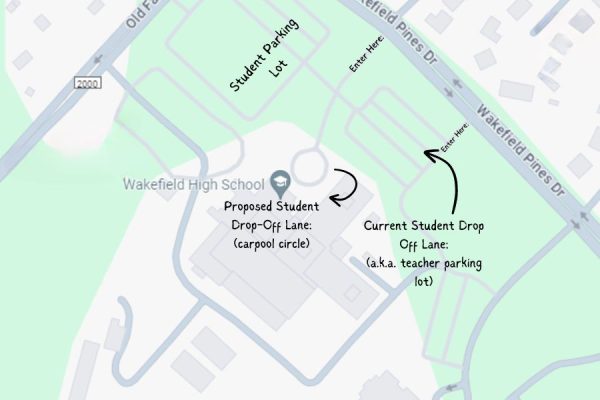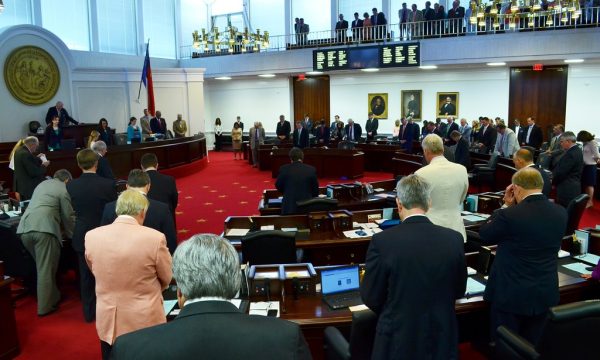North Carolina speed limit campaign enforces rules
April 18, 2016
The speed limit campaign “Obey the Sign or Pay the Fine” enforced by the North Carolina government over spring break informed drivers on the possibility of being pulled over and receiving a ticket for going one or two miles per hour over the speed limit.
The news of the campaign spread two days before spring break. However, many sources were from the voices circulating between teens that were not accurate due to misinterpretations of media reports.
The Citizen Times and WRAL reported on North Carolina Patrol Trooper Kelly Rhodes who explained the purpose of the campaign was to decrease car fatalities caused by high speed. In the course of the presentation of the program, the reporters showed the data related to the car accidents that occurred in 2015, and for more than 300 deaths, speed was the fatal factor.
The North Carolina Department of Transportation assured that it was unlikely that people would receive a ticket for going one or two miles per hour over the signalized speed. In these situations, a warning ticket would be more appropriate but the decision remains to individual police officers, because going a couple miles per hour over is still against the law.
As a person who is new to driving, I have started to pay more attention to the signposts and the speed indicated by the spectrometer. While accelerating, quite often the speed shown goes over the limit for a fraction of second and comes down to the limits as I am becoming more aware of my speed.
Additionally, the fear of getting an unfair ticket increases when thinking that certain policemen may decide to be more strict on speed-related transgression to collect more money. It would not be the first time that the thought of more rigid sanctions for people’s safety actually harbors a need for funds by the state. The cost of each ticket increases radically due to mandatory court fees, regardless of whether the driver decides to attend court and, not to mention the rise of the insurance rates for the next three years.
Another worrying factor is the possible presence of a required number of monthly citations for police officers. Certain states have a clear anti-quota article in their statute and, although North Carolina has one for the Highway Patrol only, this leaves out similar other law enforcement agencies.
Hopefully, the campaign reached its desired effect and drivers payed more attention to their speed than before. However, there are still too many factors that must be changed to protect both drivers’ and police officers’ rights.














